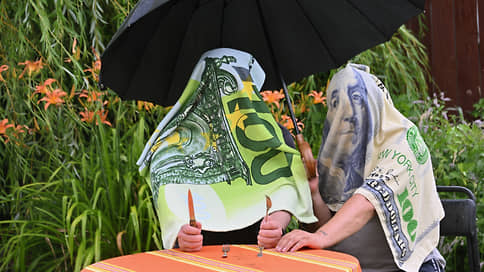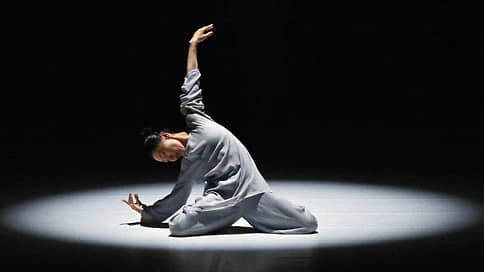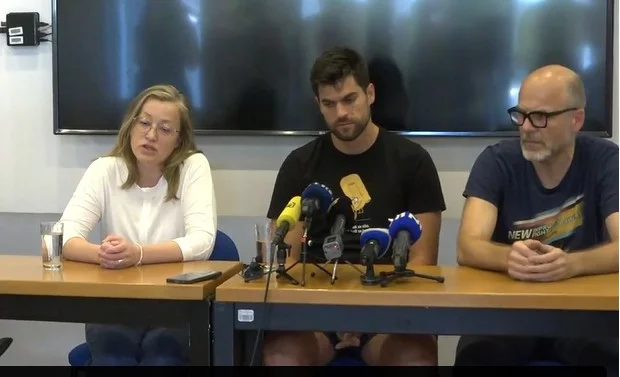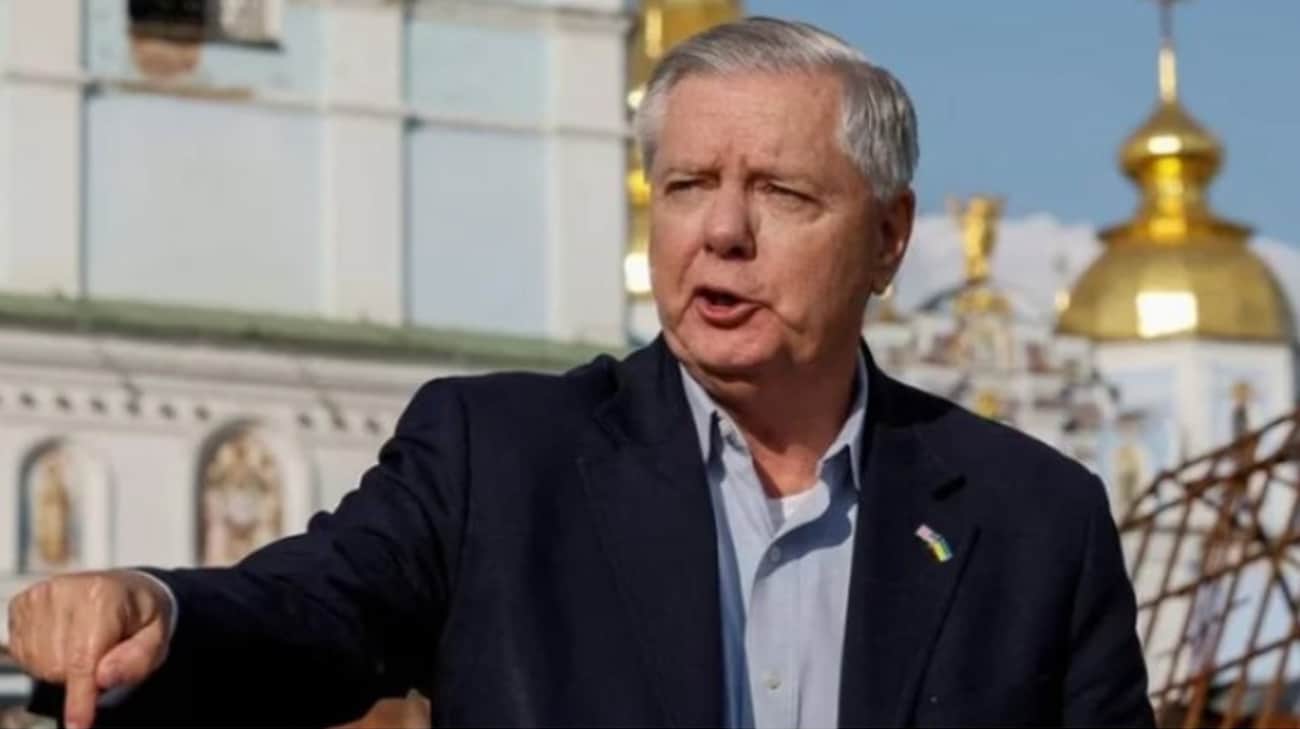Fight in parliament due to a exchange rate

The European Commission approved on Wednesday, June 4, the introduction of the euro in Bulgaria since the beginning of next year. Thus, this Balkan country, which has become a member of the EU 18 years ago, has been taking the second major step over the past year to complete European integration – in January it entered the Schengen zone. However, the majority of the Bulgarian opposed the euro, and its upcoming introduction has already caused mass protests and fights in parliament. With details – Kommersant correspondent in the Balkans Gennady Sysoev.
A fight in the Bulgarian parliament occurred on the day when the European Commission approved the introduction of Euro in Bulgaria from January 1, 2026. The deputies from the “Renaissance” movement, which in the country is called pro -Russian, at the call of their leader Kostadin Kostadinov blocked the rostrum, with whom he announced: “Today is a rainy day for Bulgaria, the Janissaries bury our country.” After that, a fight of supporters and opponents of the euro began in the meeting room. At that time, a protest action of supporters of the preservation of the national currency, Leva, whom the leader of the Renaissance, called for the blockade of the country’s main legislative body, took place at the walls of the parliament.
The path of Bulgaria to the euro turned out to be long and difficult.
Having joined the EU back in 2007, this country then declared the upcoming introduction of a single European currency. However, at first this was interfered with the financial crisis in neighboring Greece and the collapse of large banks in Bulgaria itself. Then the country entered the protracted strip of political crises when in four years passed as many as seven parliamentary elections, and governments were not held in power for more than a few months.
And only now the European Commission has given the go -ahead for the introduction of Euro in Bulgaria. Although the final decision on this in Brussels will be made on July 8, it, as experts assure, will be a pure formality.
From January 1, 2026, Bulgaria will become a 21st member of the eurozone.
All prices in the country will be indicated for some time in Leovas and in the euro, but only the European currency will remain in the course, and citizens will be able to change the Leo for the euro for a long time for a long time for a long time – about two to one.
Although the Bulgarian experts assure that the transition to the euro will pass smoothly and without shocks, and real estate prices in the country have long been indicated in the Euroralut, many Bulgarians accepted the coming coming of the euro in bayonets. According to the latest surveys, against the introduction of euros protrude 50% of the inhabitants of Bulgaria, and support – only 43%. Moreover, recently, the tendency to fall in support of Eurorality has been clearly marked.
Experts see the reason for this in the constant increase in the costs of the Bulgarians for life, as well as in a powerful campaign against the euro from a number of political forces, led by the Renaissance movement.
In Bulgaria, rumors are actively going on that the savings of citizens in Leovas will be seized after some time, and Euro Brussels introduces to financing from these savings of Ukraine.
Rumors are contributed to the distrust of the Bulgarians in state institutions and political parties, which has only intensified over the years of the crisis of recent years.
In the wake of such moods, the President of Bulgaria Rumen Radev demanded that in May hold a referendum in the country in Euro. The other day, the president accused the government that it did nothing to prepare the most vulnerable categories of the population for “shock from the introduction of euros”. However, the Constitutional Court of the country rejected the demand of the head of state, declaring it illegal.








